Container Closure Integrity Testing
ARL now offers USP <1207> container closure integrity testing (CCIT) on IV bags, syringes, cassettes, and vials.
Three types of leaks that can be detected during CCIT include:
- entry of microorganisms
- escape of the product dosage form or entry of liquids or solids
- escape of nitrogen gas or entry of oxygen, water vapor, or air gases
Historically, CCIT has been performed using probabilistic tests such as dye ingress or microbial immersion. Recently, USP issued new guidance requiring deterministic tests to achieve more reproducible and predictive results. While ARL will continue to offer probabilistic dye ingress testing, our new vacuum decay test method meets USP's requirements for a deterministic test.
The vacuum decay method:
- can be used to test all types of container closure systems
- tests for gas leaks
- tests for liquid leaks
- can provide a significant savings to our clients because the test articles can be used for other tests during a stability study
- provides a high level of sensitivity (down to 5 micron), repeatability, and accuracy with a PASS / FAIL result
The method is performed by placing a package into a test chamber, drawing vacuum on the test chamber, and monitoring it for any changes in the vacuum level. If the package is defective, air, drug product, or vapor will leak from the package into the test chamber causing a change in pressure.
Properly sealed packages do not leak anything into the chamber, holding the vacuum level constant.
For more information on CCIT, contact ARL at 800-393-1595 or info@arlok.com.
